Dear readers,
Don’t be alarmed by the title of this post. I have not been institutionalized. Instead, I’ve been absent because about two hundred friends/unpaid co-workers and I pulled off a book festival last weekend in Tucson. If you are curious, here’s roughly how this festival math works:
323 presenting authors + 116 indie authors + 86 entertainment acts + 237 exhibitors + 240 sponsors + 1,616 Friends + 1,445 active volunteers + more than 15,000 books + 2 full-time staff, 5 Americorps/student workers and 1 incredible consultant named
= over 100,000 people celebrating books and literacy at the University of Arizona last weekend. Thanks to Pat, David, Lindy, Thea, Brenda, Shannon, Michele, Bill, Emily, Lynn, Lauren, Debbie and any of my other TFOB collaborators who might be reading but haven’t let me know (time to leave a comment!)— we did it!The balance of that equation? 0 posts to The Booktender in March. But that doesn’t mean I haven’t been reading. Here’s my March menu, if a bit late, which includes three books by authors who attended this year’s Tucson Festival of Books.
In reverse order of publication:
The Gloomy Girl Variety Show by . A hybrid of poetry, prose and photography following a young Nigerian-American woman’s search for home and healthcare on her own terms, in a society where the lack of care for Black and female bodies permeates the media and her lived experience.
I laughed and cried while reading this debut novel about family, mental illness, and the ineffectiveness of institutionalization, and the path two sisters carve back to each other after a family shatters.
Committed: On Meaning and Madwomen by
Scanlon, who spent three years as an inpatient at the New York State Psychiatric Institute after attempting suicide as a college student, explores the ways illness is “a story the patients are told and learn to tell about themselves.” Scanlon attempts to understand why she was institutionalized for so long, and to understand what separates her outcomes from, and unites her with, other psychiatric patients. Drawing upon her medical records, journals and the books— from The Lover by Marguerite Duras to Audre Lorde, Virginia Woolf, Shulamith Firestone and Janet Frame—that helped her make meaning of her story as entertwined with the story of her mother’s early death from breast cancer, this memoir is as intimate as it gets.
The Best Minds: A Story of Friendship, Madness and the Tragedy of Good Intentions by Jonathan Rosen.
This book was on a list of prize-worthy non-fiction I created last June, but I didn’t end up reading it at the time. I’m highly selective about exposing myself to true crime and narratives of violence against women and girls, and I just was not feeling it. But an excerpt from the book in an issue of The Atlantic caught my attention for its tender treatment of the friendship between the author and Michael Laudor, whose trajectory from diagnosis of schizophrenia, graduation from Yale Law School, selling film rights to his story to Ron Howard, and subsequent psychiatric institutionalization after murdering his fiancée, Carrie Costello, the book traces. Perhaps this investigation will balance the harrowing nature of the crime with a deeper understanding of how such a thing could happen.
Mrs Dalloway by Virginia Woolf
Scanlon’s book reminded me that this classic features the character of Septimus Smith, a World War I veteran suffering from shell shock and lost within his own mind. As I remember the narrative, which I haven’t read since college, his insane thoughts provide a counterpoint to Clarissa’s narrative of the upper class society he fought to preserve— and the thread that separates sanity from insanity is pulled thinner and thinner as he approaches his tragic end.
Will you join me in reading a narrative that explores madness, and care for those suffering, this month?
On Sunday evening as we were closing up the festival, someone asked me how we measure success and I half-jokingly said what felt most true in that moment: “Nobody died.” Really, there are no measurements to capture the true purpose of all of the energy expended to bring these bodies and books together: individual moments of spontaneous human connection, creating sustaining memories.
If you have attended a book festival and experience a moment like this (it was a joy to see or receive texts from many of you I know personally and to meet
aka Louise for the first time), I’d love to hear about that in the comments.Cheers,




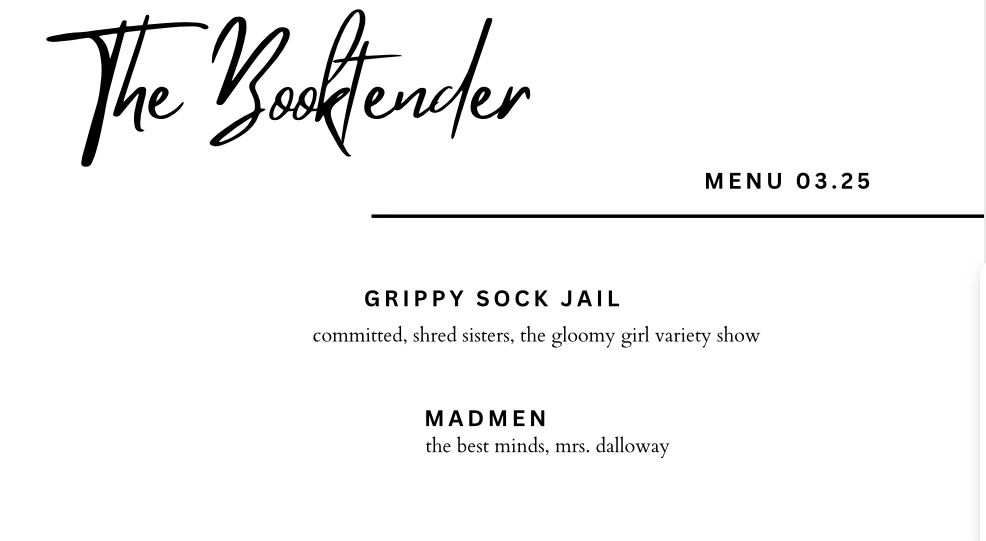
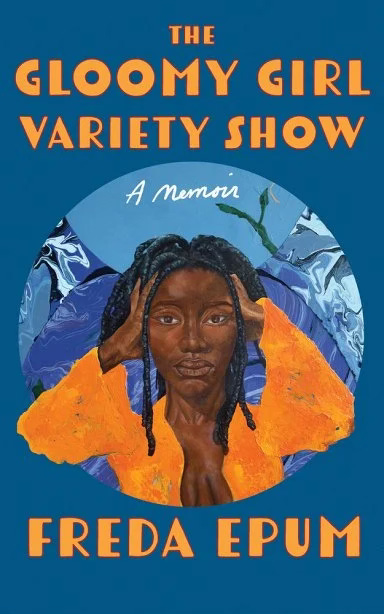
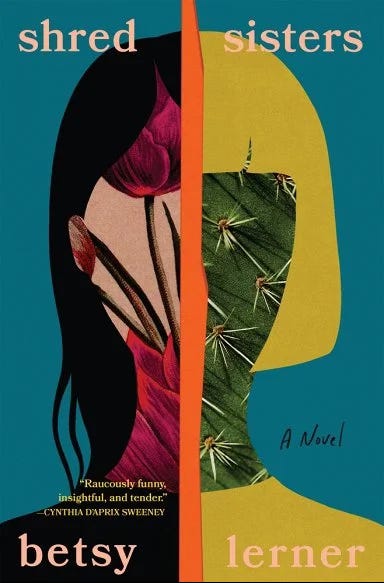
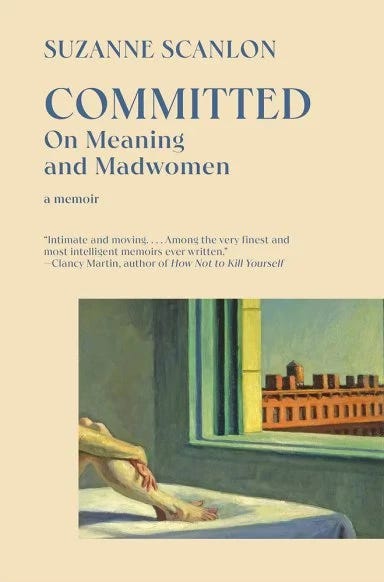
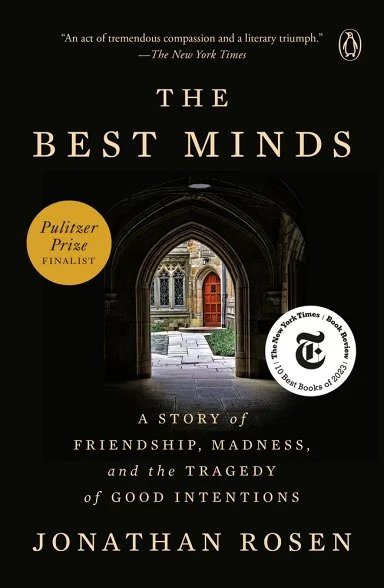
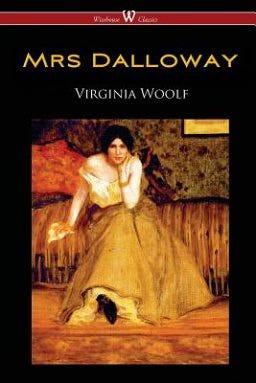

You did it! The book fest last weekend was nothing short of electrifying. It was fun playing book Santa Claus at the kids book giveaway, and I got Susan Morrison to answer a question I’ve always been dying to ask. Standing applause for pulling this off. Bravo!
Congrats, Abra! What a feat! You did it!!